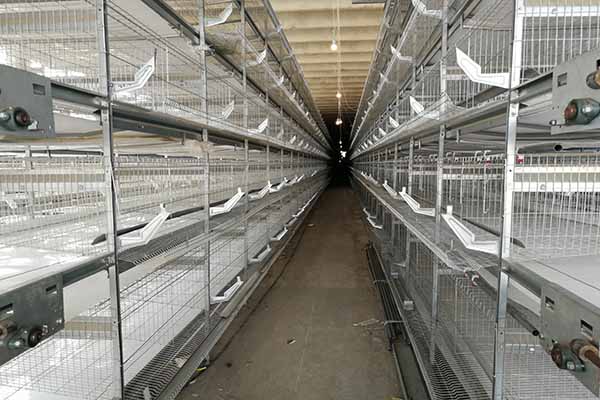Broiler Farming in Kenya: A Comprehensive Guide
Time : 2025-05-14
Broiler farming, or the process of raising chickens for meat production, has become a significant part of the agriculture sector in Kenya. As demand for poultry meat grows, so does the interest in understanding how to effectively run a broiler farm. In this article, we’ll delve into the ins and outs of broiler farming in Kenya, covering everything from the initial setup to managing the flock and ensuring profitability.
Understanding Broiler Farming
To start, let’s clarify what broiler farming entails. Broilers are bred for meat production, and their rapid growth and high meat yield make them a popular choice for commercial farming. In Kenya, broiler farming is a key component of the livestock industry, contributing to both the rural economy and the nation’s food security.
Getting Started in Broiler Farming
If you’re considering entering the broiler farming business in Kenya, here are some steps to get you started:
1. Market Research
Before you jump in, it’s crucial to understand the market. Conduct thorough research to determine the demand for broiler meat in your target area. Also, analyze the competition and identify potential gaps in the market that you can exploit.
2.选址 (Location)
The location of your farm is vital. Look for a place that is accessible, has a good water supply, and is away from noise and pollution. It should also be close to a source of raw materials and markets to minimize transportation costs.
3. Planning Your Broiler Farm
Plan your broiler farm meticulously. Consider the size of your operation, the number of birds you want to raise, and the facilities you’ll need. This includes buildings for housing the chickens, feed storage areas, and waste management systems.
Building Your Broiler Farm
Once you’ve chosen a location and planned your farm, it’s time to start building. Here are some key considerations:
– Chicken Coops: Design and build sturdy coops that provide ample space for the chickens to move around, but also ensure they are secure from predators.
– Ventilation: Good ventilation is essential to keep the chickens healthy and prevent the buildup of ammonia and other harmful gases.
– Feeding Areas: Design areas where the chickens can eat and drink without getting wet or dirty.
Raising Broilers
Once your farm is set up, you’ll need to start raising your broilers. Here are some tips:
– Purchasing Chicks: Purchase high-quality chicks from a reputable breeder. Ensure they are vaccinated against common diseases.
– Feeding: Feed your broilers a balanced diet that meets their nutritional needs. Quality feed is crucial for healthy growth and development.
– Health Management: Regularly check your chickens for signs of illness. Implement a disease control program to prevent and manage diseases.
– Monitoring Growth: Keep a close eye on the growth rate of your chickens. Monitor their weight and adjust their feeding accordingly.
Challenges in Broiler Farming
Despite the potential for profit, broiler farming in Kenya comes with its own set of challenges:
– Market Fluctuations: Prices for broiler meat can be unpredictable, affecting your income.
– Disease Outbreaks: Diseases such as coccidiosis and Newcastle disease can decimate a flock quickly.
– Feed Costs: The cost of feed can fluctuate significantly, impacting your profitability.
Maximizing Profitability
To maximize your profitability in broiler farming, consider the following strategies:
– Efficient Management: Implement efficient management practices to reduce costs and increase productivity.
– Feed Efficiency: Focus on improving feed efficiency to minimize costs.
– Market Diversification: Explore different markets for your broiler meat, such as restaurants, hotels, and direct sales to consumers.
Conclusion
Broiler farming in Kenya is a complex but potentially lucrative business. By understanding the market, planning meticulously, and implementing effective management practices, you can increase your chances of success. Remember to stay informed about the latest trends and advancements in the industry to keep your operation competitive.
Tags












